30 Years After Berlin Wall Fell, Hard Borders Are Back
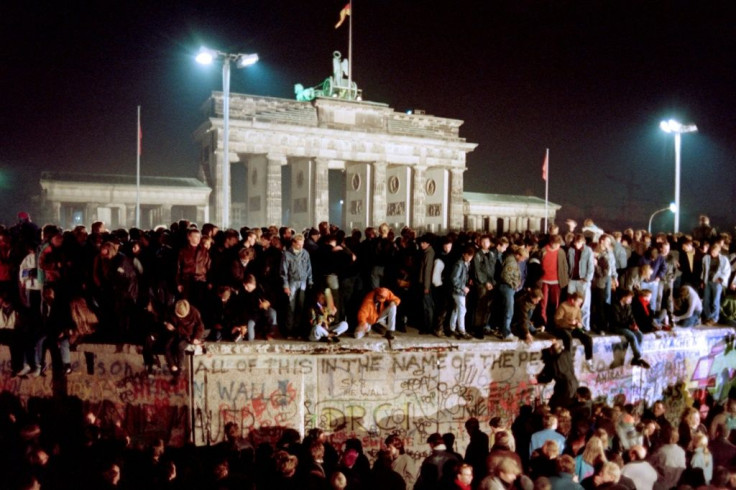
The fall of the Berlin Wall in 1989, when thousands of Germans joyfully danced atop its graffiti-covered remains, to some heralded the "end of history" in a globalised world.
Thirty years later, the return of hard frontiers made of bricks, concrete and razor wire symbolises stark new political realities that are a far cry from the West's heady optimism in the era when the Soviet bloc imploded.
US President Donald Trump wants a border wall with Mexico, eastern European nations have put up fences to shut out migrants, a concrete frontier divides Israelis from Palestinians, and Brexit spells a rejection of an open-borders European Union.
At the G20 summit in June, Russian President Vladimir Putin, once a KGB officer stationed behind the Iron Curtain in Soviet-allied East Germany, triumphantly stated that modern liberalism had become "obsolete".
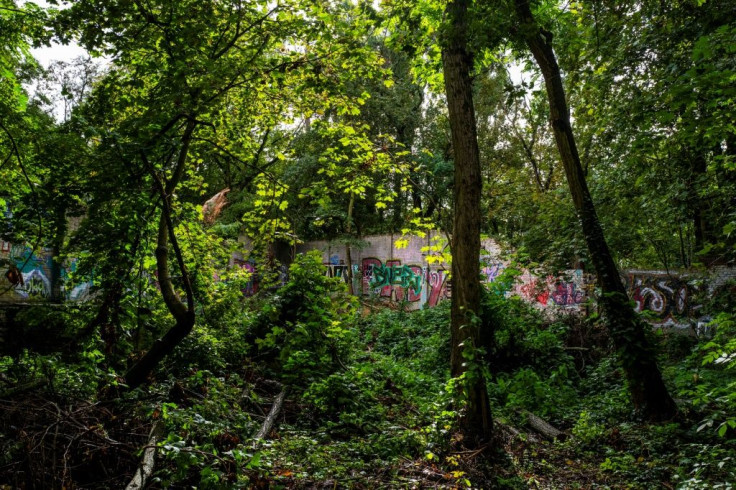
"If the people who put an end to the Cold War observed what is happening today, they would see that we have completely changed our paradigm," said Elisabeth Vallet of Quebec University in Montreal, a specialist on border walls.
'Fears and divisions'
The 160-kilometre (100-mile) long former Berlin Wall is today a leafy green belt popular with joggers and cyclists, but elsewhere new borders have risen.

Vallet said that now "there is the equivalent of the Earth's circumference, so 40,000 kilometres, of walls, in the literal sense".
This figure has risen sharply over the past 20 years and is the total length of 71 walls in the sense of structures that are anchored in the ground and not passable, she said.
Many are located around China, India the Koreas and in the Middle East.
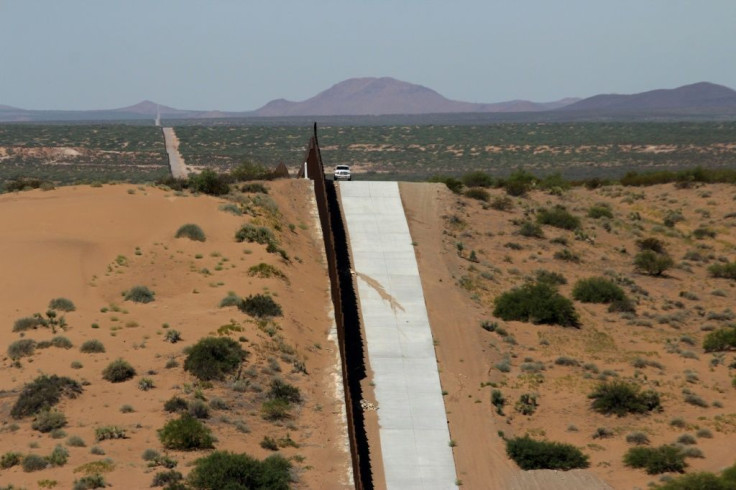
Elsewhere, new hard borders have gone up in Europe and the United States, mostly to block migrant flows.
Thirty years ago, "people were happy to see that it was possible to break down seemingly eternal borders, to unify people," said Nick Buxton of the Transnational Institute, a think tank that co-published a recent report on borders.
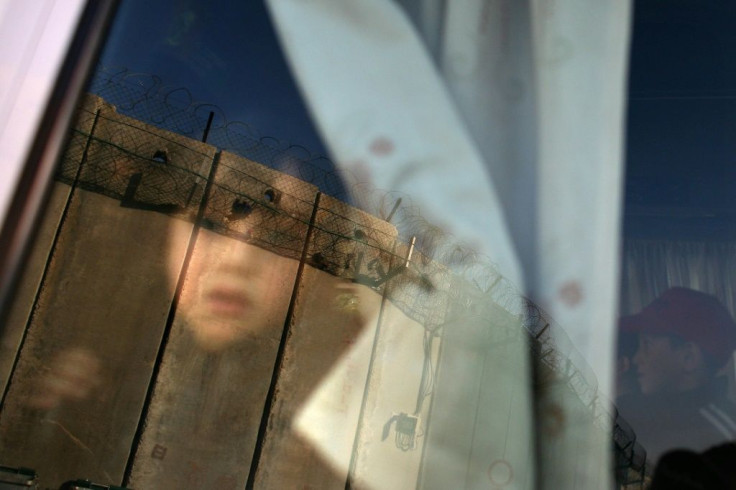
"Today we have gone back to a time when politicians build walls to create fears and divisions."
Globalization
In 1989, US political thinker Francis Fukuyama famously speculated about "the end of history", a new era when the West's winning formula of liberal democracy and free-market economics would reign supreme.
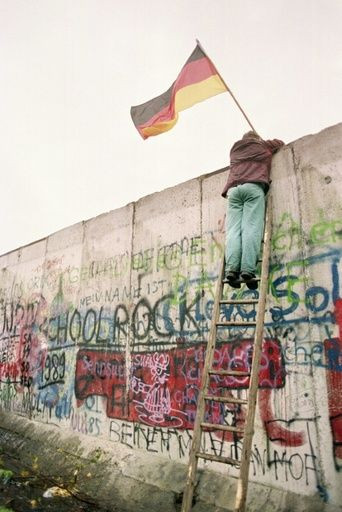
A generation on, that old world order seems in disarray, many nationalist leaders reject the very notion of a global community, and walls are back in fashion, for a number of reasons.
"In the early 2000s, the working hypothesis was that the attacks of September 11, 2001 in the United States were the explanation", as public fears grew about the jihadist threat, said Vallet.
Today, a big driver is globalisation, the rapid international exchange of labour, goods and services, ideas, capital and technology, that has unsettled many people who yearn for a return to greater national sovereignty.
Borders "never disappeared, except on the mental maps of European travellers", said the French geographer and former ambassador Michel Foucher, in his book "The Return of Borders".
He argued that "abolishing borders means making states disappear, a world without borders is a barbaric world".
Even Joachim Gauck, the pastor who participated in the peaceful revolution in 1989 and who later became president of a reunified Germany, noted that governments must put in "forms of limits" to "alleviate the fears of the population".
'Dark irony'
Vallet, who also questioned the idea of an absolutely borders-free world, said that "globalisation has generated two movements, a movement of openness and a movement of closure".
The once fashionable idea that borders and national sovereignties would vanish has "generated a virulent reaction based on populism", she argued, pointing to Trump's Mexico wall and the maritime frontier championed by Italy's former far-right leader Matteo Salvini.
Buxton agreed that far-right politicians appeal to "a side of us that can be fearful, especially if we already feel insecure for economic, social or other reasons".
"Given that many border security corporations are also constantly lobbying governments to fund ever more draconian technologies to patrol our borders, the result is an increasingly militarised walled world," he said.
"The dark irony is that the more we fortify our world, the more insecure we often feel, leading to a downward spiral of insecurity and fear."
Katrin Linke and Karsten Brensing, who were 21 when they decided to flee the GDR, voiced alarm at the trend.
"We are the last generation who grew up in a dictatorship, we are living witnesses to history. And that fear of borders remains," said Brensing.
"It feels terrible to see that people are once again calling for borders to close."
© Copyright AFP 2024. All rights reserved.





















